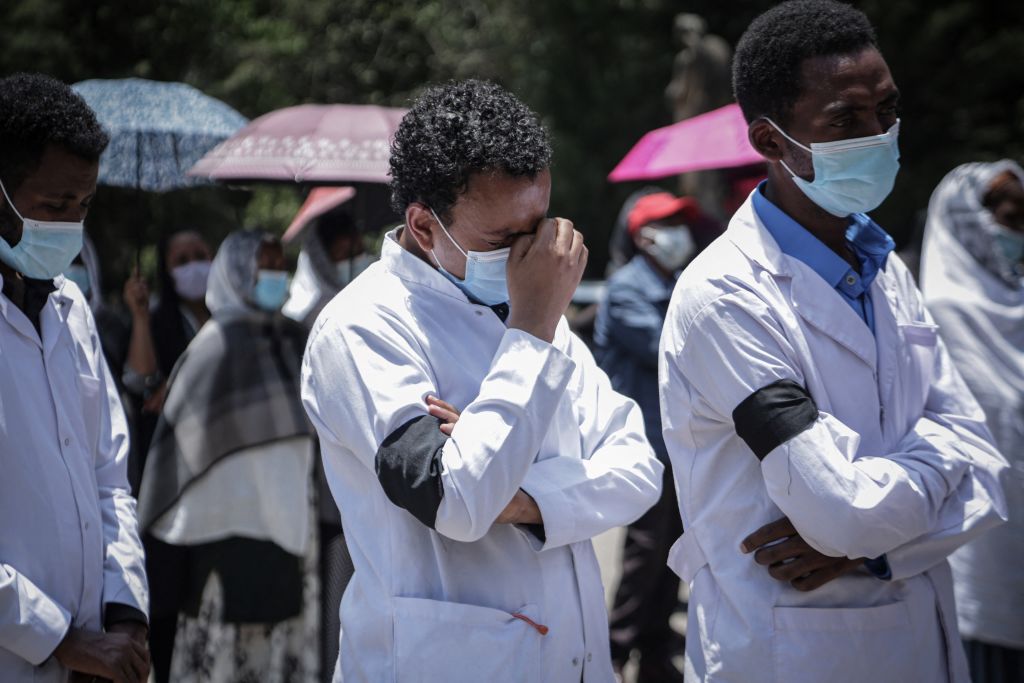Anxiety, Depression, Loneliness Play Roles in Long COVID
ADF STAFF
The health condition known as long COVID has dozens of associated symptoms, but researchers continue to investigate the primary cause. A new study from Harvard University suggests that pre-infection stress could cause some people to develop long COVID and take weeks or months to recover from their original infection.
Researchers found that people who felt lonely, anxious or depressed tended to develop symptoms associated with long COVID. It turns out that worrying about developing COVID-19 can delay someone’s ability to completely recover from the virus.
On average, long COVID arises in about 25% of all COVID-19 recoveries, although it ranges up to 50% in cases of people who were hospitalized.
“In the short term, stress causes the release of hormones that suppress inflammation, ensuring the body has enough energy resources available to respond to an immediate threat,” Susannah Tie of the Queensland Brain Institute in Australia, wrote in The Conversation.
Over the long term, however, Tye noted that stress has the opposite effect. It increases the amount of inflammation present in a person’s body. That can make the body slow to respond to new threats.
Several studies have tied long COVID to inflammation in different organs or biological systems, ultimately leading to common symptoms such as fatigue, muscle aches and brain fog.
Long COVID also has qualities similar to certain autoimmune disorders connected to a person’s stress levels, researchers say.
“For a virus like COVID, it’s possible that prior exposure to distress may similarly impair the body’s ability to fight the infection and increase the risk of long COVID,” Tye wrote.
In essence, extended amounts of stress lower the body’s biological barriers and make it harder to shake off COVID-19 completely.
The Harvard study, which was conducted early in the COVID-19 pandemic, found that stress caused by loneliness, anxiety or depression increased the likelihood that a person would develop long COVID by almost 50%.
The more stress people in the study felt before contracting COVID-19, the more symptoms of long COVID they experienced after their primary infection passed, according to the Harvard study.
“All COVID-19 symptoms except for persistent cough and smell or taste problems were more prevalent in participants with versus without each type of distress,” the researchers wrote in the Journal of the American Medical Association.
In their article, the Harvard researchers emphasized that it is wrong to interpret their results as showing that long COVID is somehow psychosomatic. Up to 40% of the patients who developed long COVID symptoms reported no stress before their infection, they wrote.
Instead, the side effects of psychological stress, such as inflammation and a suppressed immune system, should be seen as contributing to the prolonged biological response connected to long COVID, they reported.
“Inflammation and immune dysregulation may link psychological distress with post-COVID-19 conditions,” the researchers reported.
In the end, identifying and reducing the causes of stress in long COVID patients might help them fully recover from COVID-19 more quickly, according to the Harvard study.


Comments are closed.